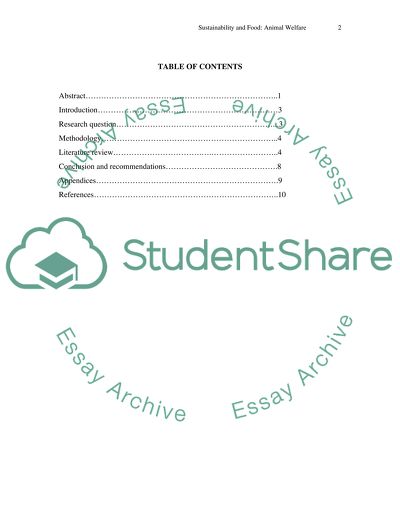Cite this document
(“Sustainability And Food: Individual Research Project Essay”, n.d.)
Retrieved from https://studentshare.org/environmental-studies/1410959-academic-methods
Retrieved from https://studentshare.org/environmental-studies/1410959-academic-methods
(Sustainability And Food: Individual Research Project Essay)
https://studentshare.org/environmental-studies/1410959-academic-methods.
https://studentshare.org/environmental-studies/1410959-academic-methods.
“Sustainability And Food: Individual Research Project Essay”, n.d. https://studentshare.org/environmental-studies/1410959-academic-methods.


